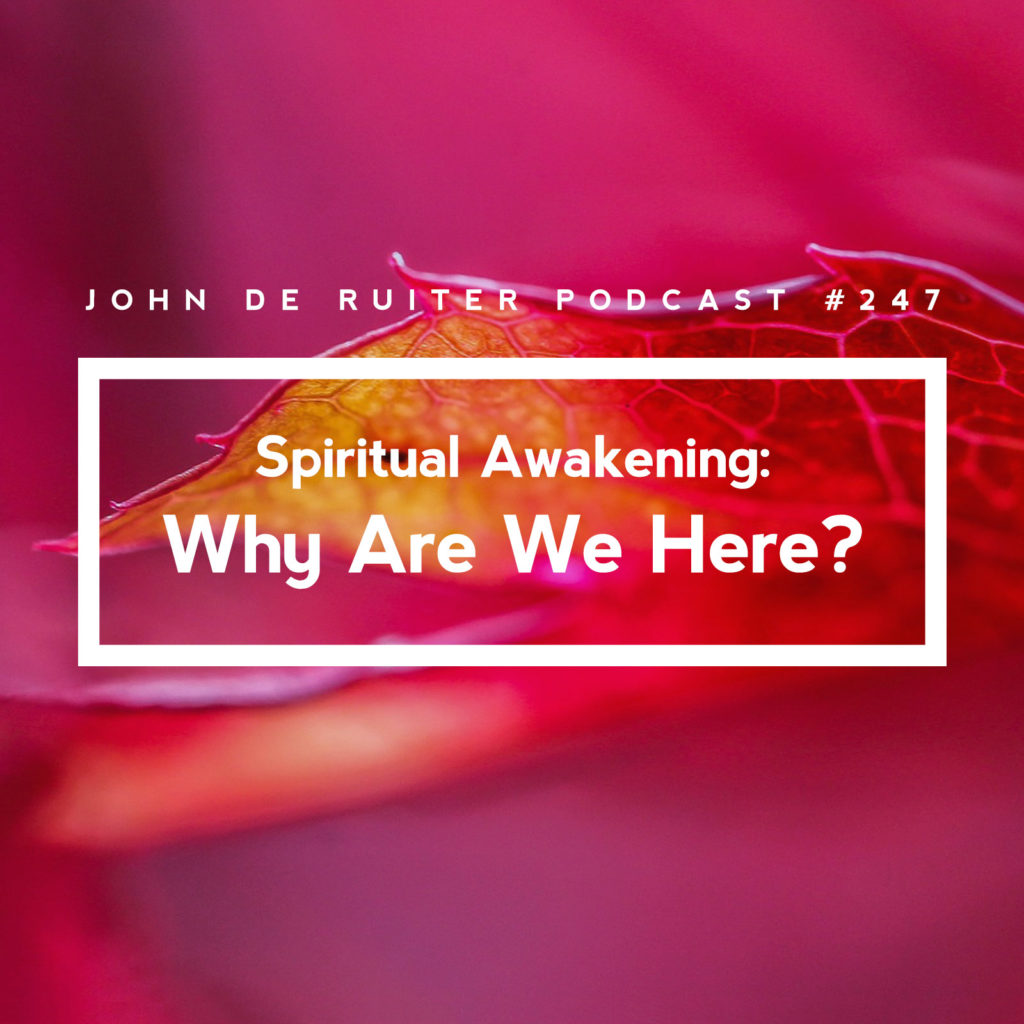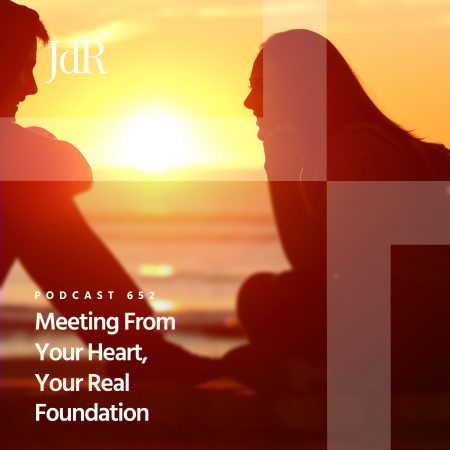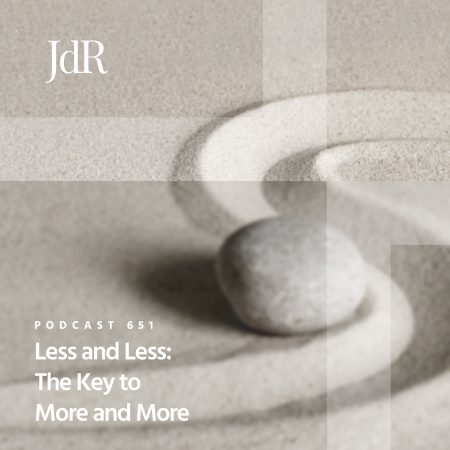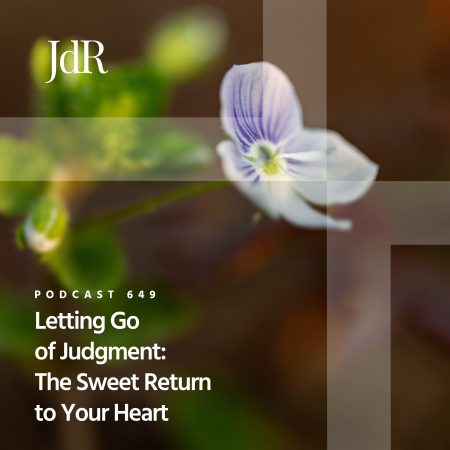Q: I was wondering, was there any particular time when you became more conscious or aware of the part of you that’s in and out of the body: the spirit part of you, the essence of who you are? Was there a particular something that happened or was it an acceptance?
John: When I was about twelve, I saw everything of what I would function in as an adult: other dimensions, other realities, other levels, everything other than what’s understood or experienced in this world. I didn’t enter that when I saw it. I just simply saw it. When I was about seventeen I saw it again, but when I saw it I also entered it.
Q: What you do now, is that something that you allow yourself to be guided – where you go and what you do – or is it just being truly who you are, constantly?
John: Being what I am and, in that way, moving as a being through the different levels of the self.
Q: From when I came into this body, it seems that I’ve been somehow simulating all this information, and for the most part it’s been confusing. Did you have that experience before you were twelve?
John: Somewhat. Beingness was quite natural and, at the same time, there was much that I couldn’t make sense of in this world, or, assuming there was a deeper reason to everything outside of me, not being able to find that deeper reason. There wasn’t a deeper reason.
What I came from was beyond reason and I assumed that, with adults, they’re coming from something that’s a lot deeper than reason and all of that is being made sense of through reason. I assumed that most adults were grown-up versions of goodness.
Q: My own personal experience of being shocked because I couldn’t see the reason in what I was experiencing with my senses seems to have continued; juggling the outside world with the inside.
John: You can’t make sense of something outside of what you’re already in, that you are making sense of. If you step outside of that, you won’t have what it takes to make sense of what’s outside of you.
You can’t make sense of your self without coming from your heart. If you step away from your heart and you try to make sense of your experience in your self, you won’t have what it takes that comes from deeper within than what your self is.
Q: So to be in this place of heart – my heart being my true essence of being here – is my purpose to be here?
John: Your purpose in being in a body is to give form to what you really are, and that form is available, in your experience, in your self, but that form needs to be reconstituted to be made just like you.
Q: If I’m understanding correctly, the essence of me acknowledging and really taking this gift, this body that’s holding something, is it something that at some point I’m going to accept and celebrate, and not think about the differences anymore?
John: Perhaps. Thinking about the differences doesn’t make the difference.
Q: Not trying to make sense.
John: Start from a deeper level of sense than thought.
Q: I sense that I touch that place at times. There seems to be a sincere longing to just dwell there. Is that possible in this body?
John: Yes. You already have a deeper sense of what you know the truth of, and you haven’t reached that cognitively. You’ve reached that directly, so that’s already something that you really know the truth of. You’re able to come into that by relating to that directly. If you think about it then you become what you use. If you use your thinking, you exercise your thinking. Your thinking becomes stronger when you use your thinking to access what you’re speaking of. It’s the relating that takes you in. When you’re relating to what you’re speaking of that you know the truth of, when you’re relating to it you’re being it.
When you relate to what you speak of, you won’t be using anything of who you are. When you directly relate to what you’re speaking of, you’re relating not to a ‘who’, you’re relating to a ‘what’. It isn’t an identity that you’re relating to. It’s a quality. You’re able to identify that quality from within yourself and when you identify it, you are, from within your self, knowing something that isn’t in your self. So then you’re looking out from your self into something you know the truth of. When you try to access that, you’ll naturally use something of your self because it’s your self that you’re most used to.
The way for you to access what you’re knowing is by using the substance, using the substance that you’re knowing. You can’t enter what you’re knowing the truth of without exclusively using what you are knowing the truth of.
Q: How is it I forget that being inside me – something that I know?
John: You don’t forget what matters to you.
Q: So why do I put things in its place, then?
John: Because you’ve made something matter that, deep within, you know doesn’t matter. Whatever you make matter you won’t forget. Whatever you invest your awareness in, whatever you give your power to, you won’t forget.
Q: There’s a part of me that feels that it wants to clear the decks of information, or the things that I’ve picked up that are irrelevant to me being in that place.
John: Part of you wants to!
Q: Yeah! I don’t know what part of me wants to hold onto this mishmash of…
John: The part of you that has empowered the mishmash.
Q: What I’ve given energy to, to support this illusion?
John: Yes. What you give your power to is going to work.
Q: It’s going to work as long as I keep giving it my power.
John: Yes. What you give your power to becomes strong. It doesn’t matter what you give your power to. You can make something up, give your power to it, and it’ll become strong. It being strong doesn’t make it real, but when you give it power you’ll use the substance of your self to make something real that exists only for you.
Q: So it eats itself up, feeds off its self.
John: You’ll feed off your self to empower something that you wish to be true.
Q: Did you get to a point when you could laugh at that?
John: Yes.
Q: Yeah. It is a bit of a joke isn’t it?
John: The part that takes it seriously can’t laugh at it, because it’s serious. The ego can’t laugh at itself. When self-importance laughs at itself then it’s no longer self-important.
Q: There’s another thing that’s been with me all my life and that is what’s beneficial to my being? And whether it’s called service or whether it’s called just being here. Is that something that unfolds and presents itself, just by being?
John: It doesn’t present itself. It’s something that is just quietly there. It’s like someone who you really trust, you’ve known all your life, and that person will never come after you to tell you the truth but any time you want to know what is real, you know who to talk to. And that person is always available.
There is a part of you that is like that. When you really want to know, and you’re serious, then you know exactly where to go. You already know it. You know the quality of it. Part of you wants to go there and the part of you where you’ve invested your power – where you’ve given your power to something other than this quality – that part doesn’t want to go there. But when that part becomes honest, honest to what it actually knows, it only wants to go there.
When you are only honest, you go only there. You go there and you rest there. The way that you rest there is that you return to being exactly what that quality is. You don’t need any labels for that quality. You don’t need any labels for what the ‘there’ is, or what ‘that’ is. You simply know it.
When you are somewhat honest, you know that quality. You can see it. You know the truth of it. When your honesty increases, you begin to draw from the power that you’ve invested into everything other than that. You start to take that power back and you begin to give that power to this that you know the truth of. That’s the process of dishonesty becoming honest, or distorted awareness responding to what it knows, which means that it then un-distorts. When distorted awareness releases the tension that holds and enables the distortion, awareness naturally and with perfect ease, un-distorts.







